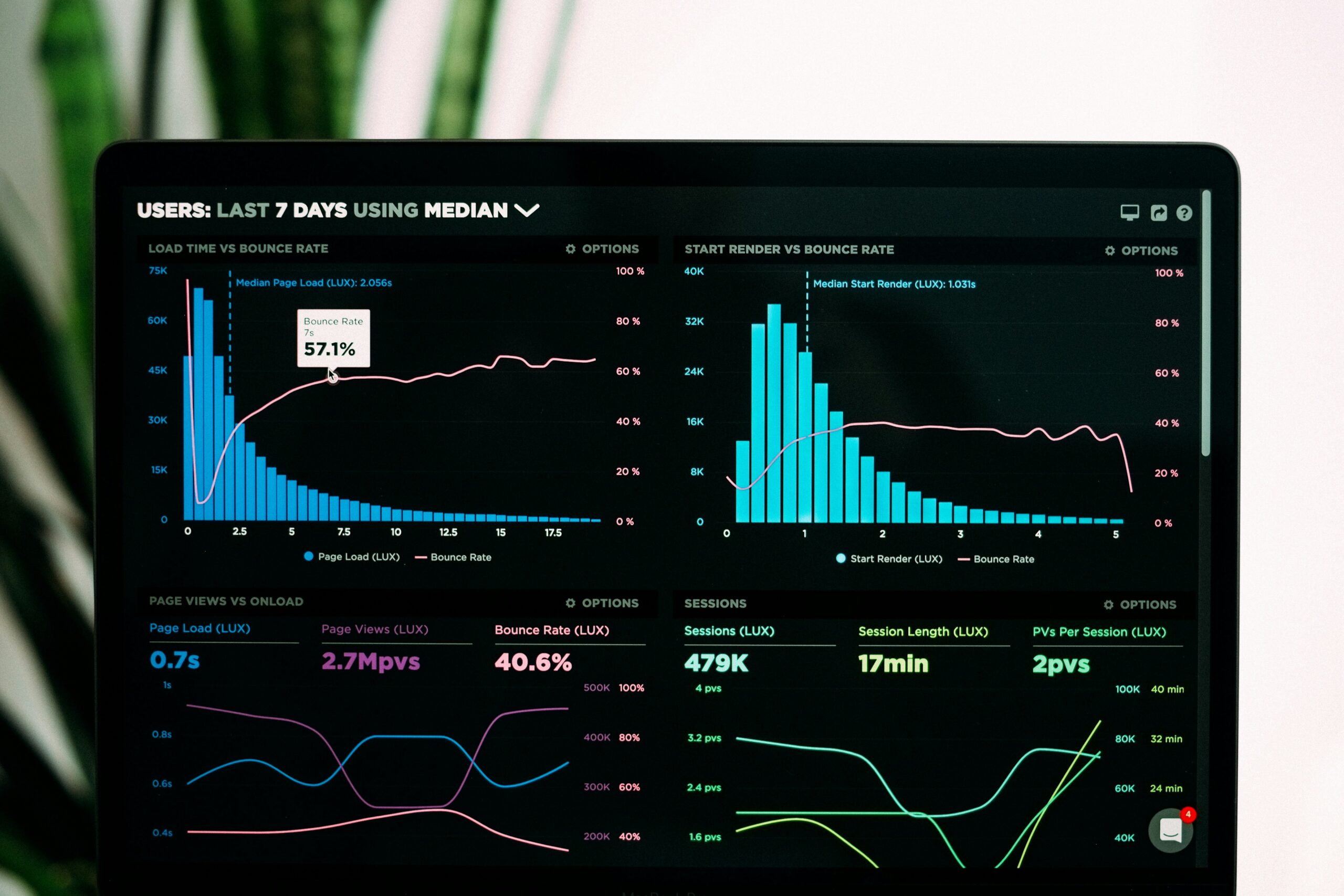Coordinators: Ranjula Bali-Swain (Center for Sustainability Research, Stockholm School of Economics, Södertörn University); Chika Yinko-Banjo (University of Lagos, Nigeria)
Researchers involved:
Ranjula Bali-Swain (SIR, Stockholm School of Economics; and Södertörn University, Sweden)
David Sumpter (Uppsala University, Sweden)
Francesco Petruccione (University of Stellenbosch, South Africa)
Victor Odumuyiwa (University of Lagos)
Andrew Katumba (Makerere University, Uganda)
Joyce Nakatumba-Nabende (Makerere University, Uganda)
Timothy Kamanu (University of Nairobi, Kenya)
Solomon Gizaw Tulu (Addis Ababa University, Ethiopia)
Olalekan Uthman (University of Warwick, UK)
Elena Gaura (Coventry University)
Given the missing data problem for Sub-Saharan Africa to inform policy makers on sustainable development and climate change, we propose to develop an Africa-oriented data aggregation platform on Climate, Health, Agriculture, and Education.
Achieving Sustainable Development Goals (SDGs) and Paris Agreement Goals is supposed to resolve the major development challenges including poverty, hunger, inequality, climate change and health. Africa faces insurmountable challenges and lack of data, to monitor the SDG targets and Climate Change goals to better inform development policy makers. According to the 2018 African Statistical Yearbook, only 96 SDG indicators (41.4%) have data available in African countries. Furthermore, the analysis is acutely limited for climate change and environmental SDGs (13-15); agriculture (SDG2); health (SDG3) and education (SDG4). This requires building digital ecosystems and scaling up monitoring and analysis, by exploring other forms of data like citizen science, satellite data, remote sensing, in situ, survey transactional etc. Addressing this urgent need, we aim to employ Big Data and Artificial Intelligence to provide alternative data and analytically investigate the progress of SDG and Paris Agreement Indicators. Our novel alternative data and methods will supplement and analyse large socio-economic- environmental data sets, with a suite of tools and aim to: Identify Big Data to fill in information and data gaps, particularly for climate change and environment (SDGs 13-15 agriculture (SDG2); health (SDG3) and education (SDG4). The project will:
- Collect new forms of data, cleaning and validation of data and model using machine learning (where possible predict future changes)
- Derive models directly from data and predict future changes in indicators to set targets
- Interpreting our results for implementable policy solutions for achieving climate, health, agriculture and education objectives for Sub-Saharan Africa

